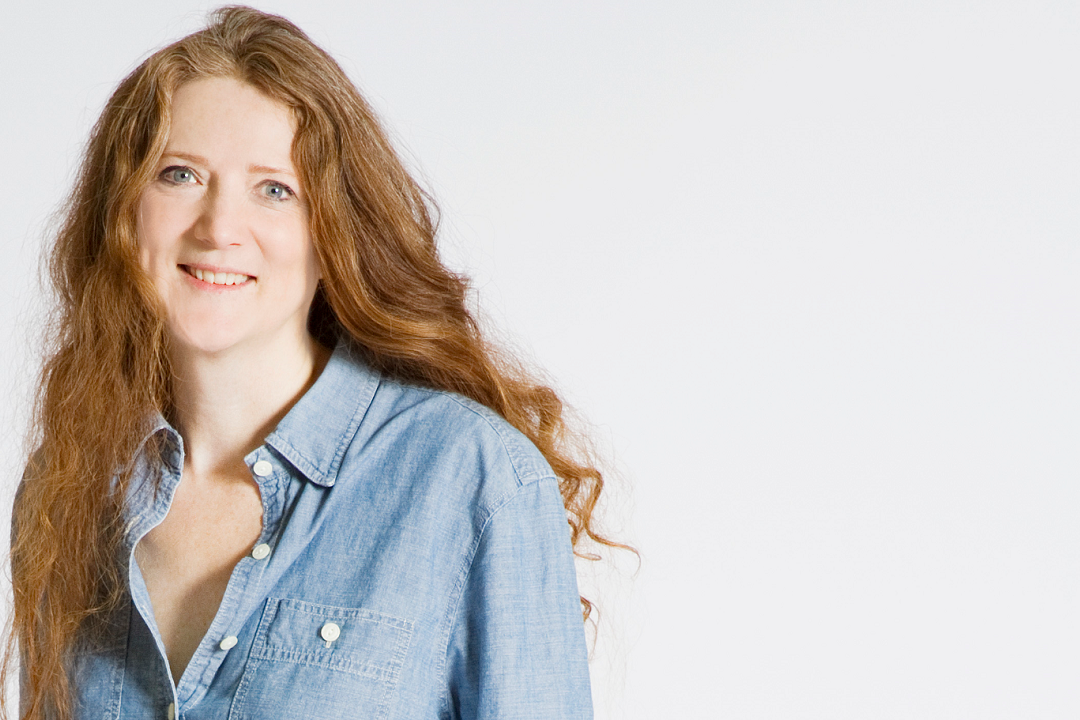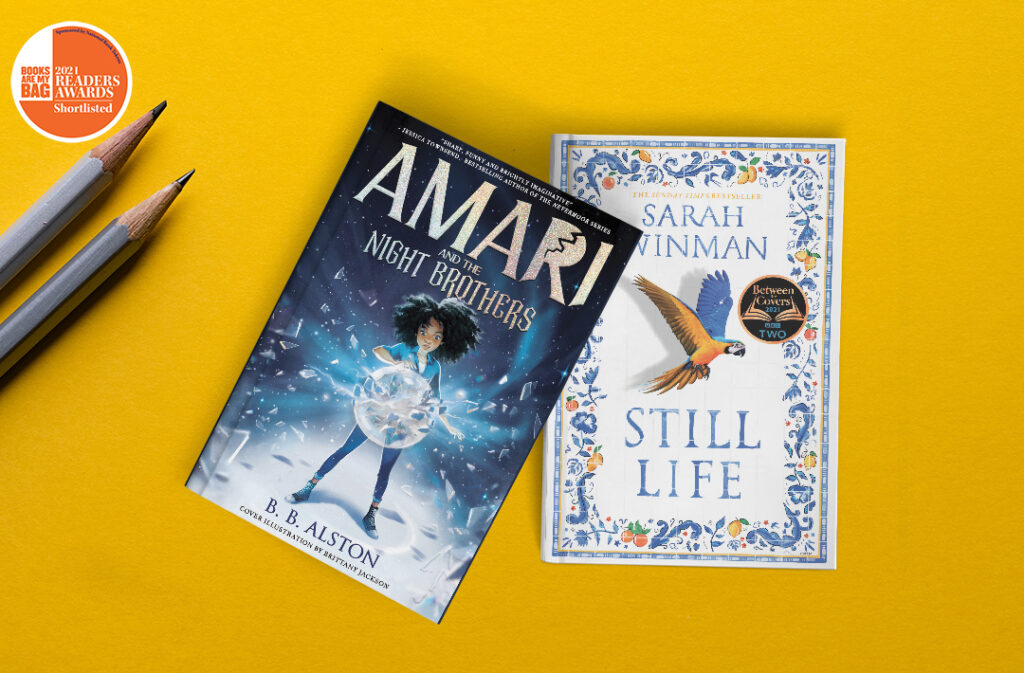Sam Baker grew up in Hampshire and after a degree in politics at Birmingham University became a journalist, going on to edit some of the UK’s biggest magazines. For six years she was Editor in Chief of Red magazine, where she set up the Red Hot Women Awards recognising achievement across politics, science, tech, the arts, media and charity, as well as championing support for Refuge, the charity for victims of domestic abuse. In 2015 she co-founded and launched The Pool with Lauren Laverne, the online platform that makes inspiring and original content for busy women.
Her latest novel, The Woman Who Ran, is out now and here Sam talks about the process of writing her book, and the bookshops across the world that she would recommend paying a visit to.
Where did the starting point for this book come from?
I have long been fascinated by The Tenant of Wildfell Hall and never really understood why, whilst still read, it hasn’t endured in quite the same way as Jane Eyre and Wuthering Heights. One theme I really felt had endured was the issue of control within relationships. Also, someone I admired hugely as a journalist was killed covering the early years of the Syria conflict and that person’s courage and dedication made a huge impression.
How easy or difficult was it to use a classic novel as an inspiration?
Extremely difficult, as I found out. I tried only to take the themes I felt still resonated and the structure of the original. I wanted to look at what had changed for women and what hadn’t. More than we think, less than we know.
Helen and Art’s marriage is a difficult one. Did you believe that she would stick with him – and go back to him? What did the book highlight about domestic violence?
Of course she shouldn’t stick with him; but she does, and she goes back, just as many women in abusive relationships do every day of the week. There’s a common misconception that domestic violence (or abusive relationships) only happen to certain sorts of people, that you have to be weak to stay. I wanted to put a strong independent woman into that position and look at how she got there, why she stayed (and indeed went back) and what happened when she finally found the courage to break free. I wanted to examine the role in this of her friends and family, and show that bruises do not have to be visible to do damage and leave a lasting mark.
What research did you have to do for this book?
An enormous amount of research – far more than I banked on if I’m absolutely honest. I learned about photography and studied the lives of several war photographers, researched the historical incidents that form the linchpin of the plot points and obviously interviewed countless strong women who have emerged from all kinds of abusive relationships, as well as doing endless reading around the Brontës. Not to mention having to research how to go off line, or at least keep as low a digital profile as is now possible.
Do you think it would be easy to disappear from your own life and leave no trace in the digital age?
No. Not no trace at all. That was one of the things that interested me most. As someone who’s very active on social media and almost umbilically attached to their smartphone, would it even be possible? And how would you go about it? Your photograph could be found through Google, your likes and dislikes through Twitter and Facebook. Using your usual email would leave traces, so would visits to websites…
What are your favourite bookshops? What do you love most about a good bookshop?
I’m addicted to bookshops. I can’t visit a city without hunting one down. In New York, Strand Books takes some beating. In Tokyo we came across this wonderful English Language bookshop called Tokyo Random Walk, which, I think, was a literal translation intended to mean ‘Drop in’. In Paris – it’s a bit of a cheat because it’s not actually a shop – I love the bookshop café in Merci, which has books in English and French that you can read while you drink café au lait. Back home, I love Goldsboro Books on Cecil Court which has a wonderful, esoteric mix of titles – I last bought a signed copy of Umberto Eco’s Numero Zero as a Christmas present for my husband. In Bath, I love Mr B’s Emporium and back home, in Winchester, it’s hard to even walk past P&G Wells without coming out £20 poorer. The joy of a good bookshop is the edit. It’s like wandering in to someone else’s taste and opening a literary door you would never even have known was there. That surprise purchase is something you’ll never get you know where!
What’s next?
I plan to stick with this new darker approach for the next book.
 The Woman Who Ran
The Woman Who Ran
Sam Baker
Out Now
Harper Fiction
Paperback
9780007464357
RRP £7.99
Praise for The Woman Who Ran:
‘Vivid, atmospheric… I loved curling up with it’ Renee Knight, author of Disclaimer
‘Disquieting, thought-provoking…keeps twisting and turning as it hurtles towards a hair-raising climax’ Guardian
‘Superbly executed, with a creeping sense of dread that builds to an explosive finish’ Clare Mackintosh, author of I Let You Go
‘Baker evokes the minatory setting with real panache and excels above all at orchestrating the steadily rising tension’ Financial Times
‘Tension, terror and plenty of twists give this thriller unstoppable momentum’ Woman & Home
‘Wildly gripping and unputdownable. This is a brilliant book’ Marian Keyes



